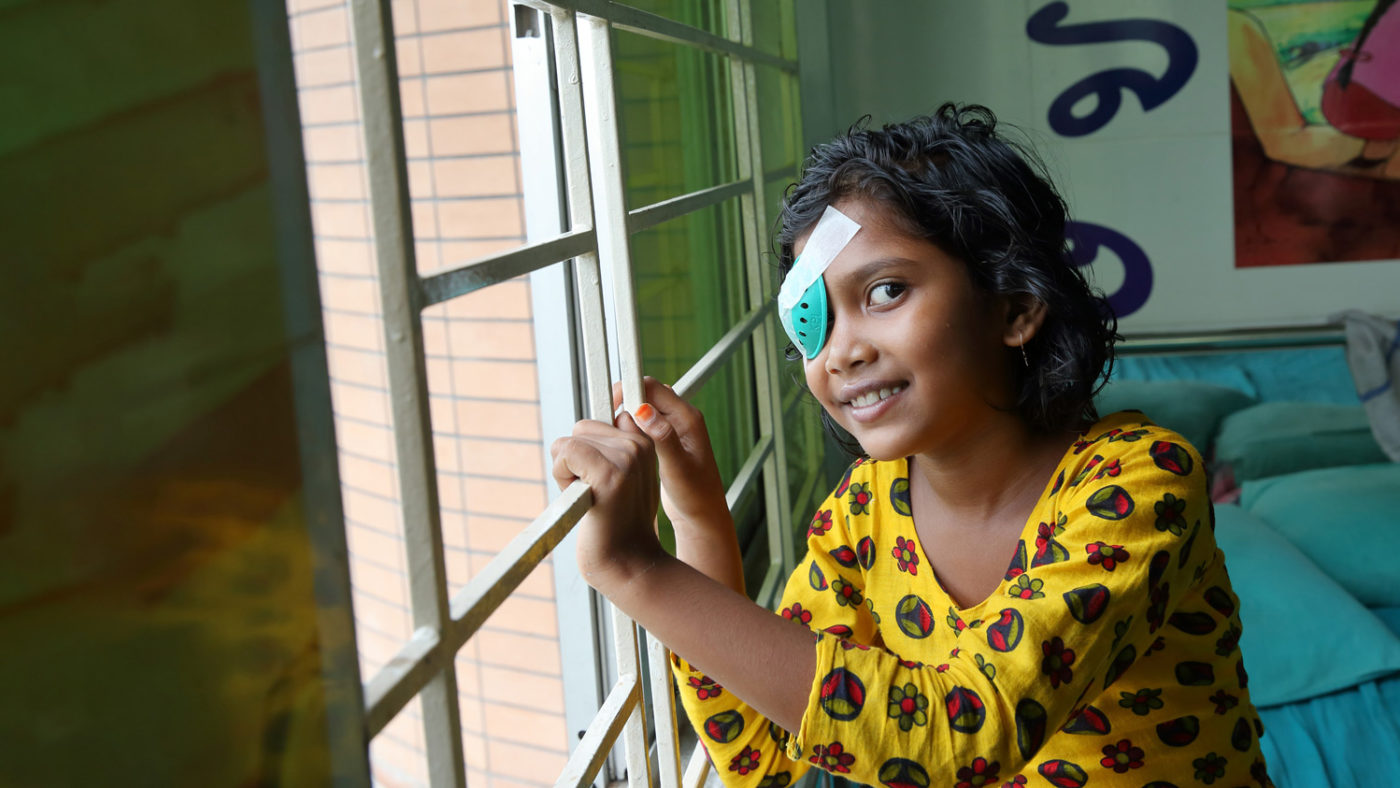
The World Health Organization has passed a resolution on the World Report on Vision in an effort to reach the 1 billion people worldwide who do not have access to vital eye care services.
The new World Health Assembly (WHA) resolution, passed by member states, urges countries to adopt the recommendations set out in the report and to make eye care an integral part of universal health coverage.
More than 2.2 billion people have a vision impairment or are blind – more than one in four of us globally. Half of those, around one billion, have a condition that either could have been prevented or could still be treated.
The report highlights that this is because many people cannot access or afford the services they need when they need them. The burden of poor eye health falls unequally on poorer countries and disproportionately affects marginalised groups such as those with low incomes, women, older people, people with disabilities, ethnic minorities and indigenous populations.
The announcement gives new momentum for countries to eliminate inequalities in access to, and provision of, eye care services. The report introduces the concept of integrated people-centred eye care (IPEC), which means working to ensure everyone is reached, according to their needs, throughout their life.
Juliet Milgate, director of policy and global advocacy at Sightsavers, said: “Health systems face unprecedented challenges at the moment – our role is to help countries to meet these challenges and to help them meet the eye care needs of everyone. We will work in partnership with governments and our partners to promote and support implementation of the report and ensure that no one is left behind.”
Sightsavers is committed to helping to build eye health care services that are inclusive of people with disabilities in the countries where we work, ensuring services are accessible and planned with gender and disability considerations in mind.
Poor vision and eye health needs are expected to increase substantially in the coming decades, with the number of people living with blindness projected to triple by 2050 unless more action is taken.
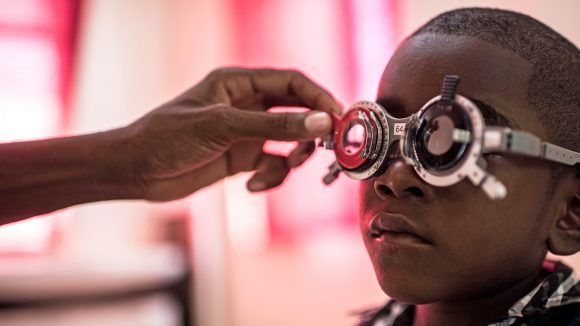
Protecting sight
Sightsavers is working to prevent avoidable blindness and save the sight of some of the world’s most vulnerable people.
Our workRead all our latest news stories
News from Sightsavers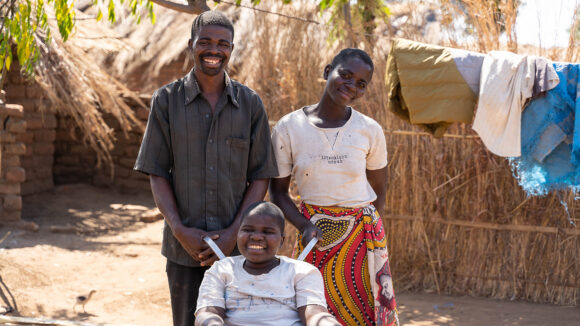
Sightsavers responds to report into FCDO’s work on disability inclusion
A report on the UK government’s development strategy and how inclusive it is of people with disabilities was published on Thursday 4 April.
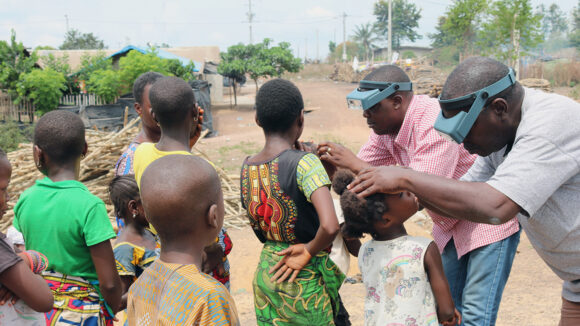
Sightsavers’ Accelerate programme gets US$36.5 million funding boost to banish trachoma
The extra funding from international donors will help speed up the elimination of trachoma in Africa by expanding and extending the programme.
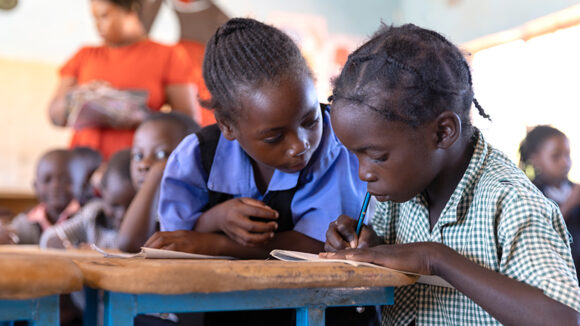
Sightsavers at the CIES education conference 2024
We're attending the conference in Miami on 6-14 March to share our expertise, engage with the education community and explore how we can transform inclusive education.